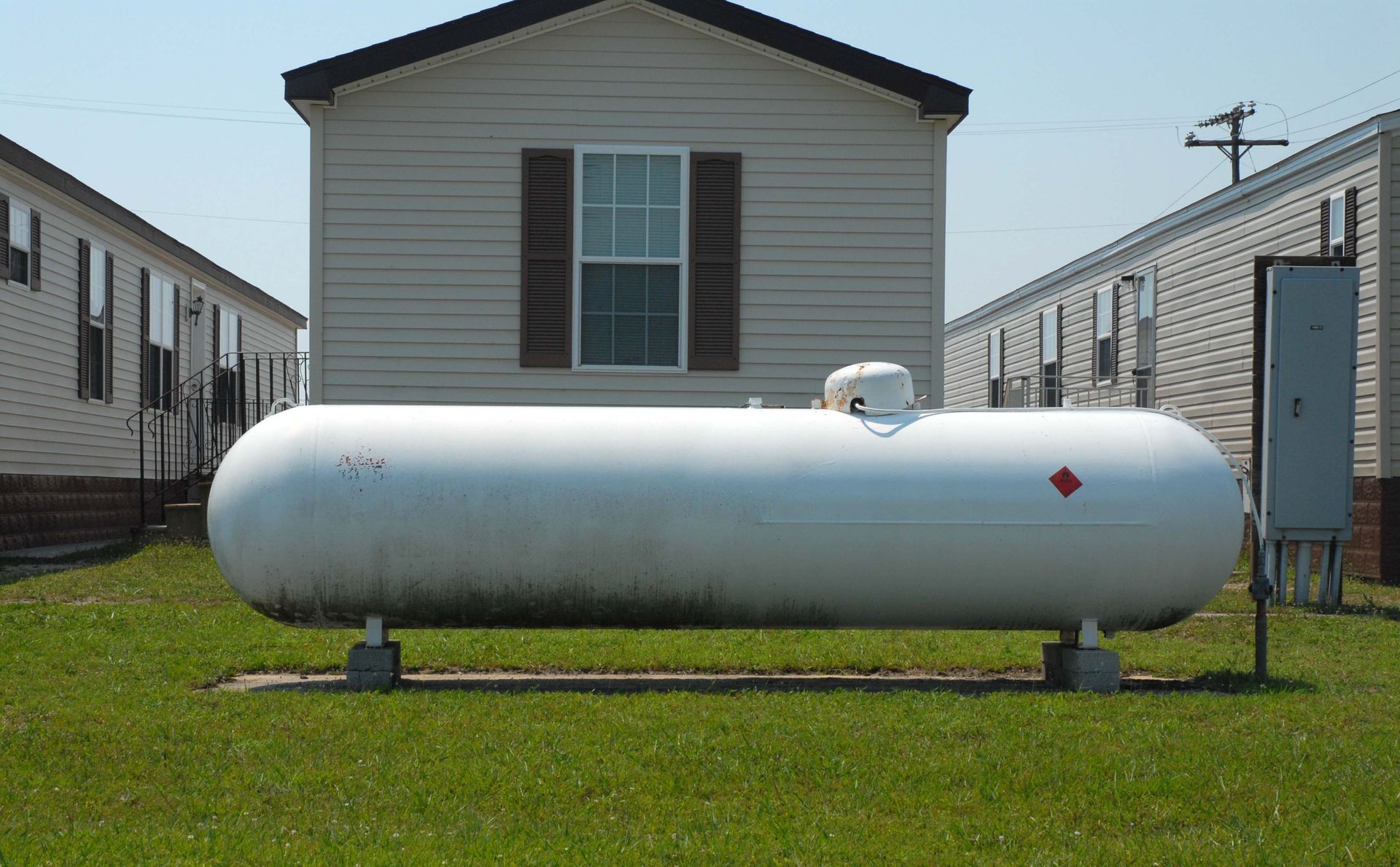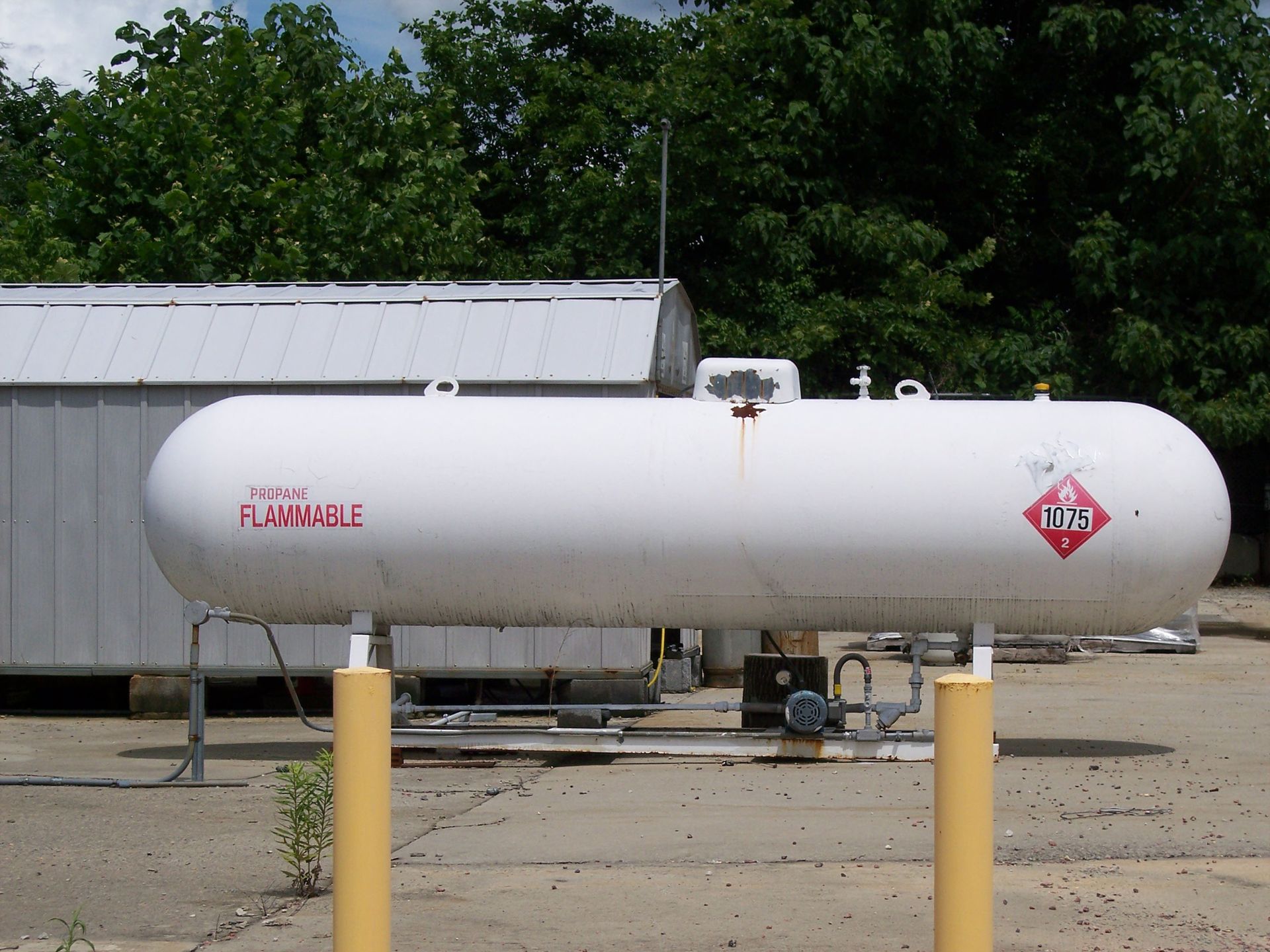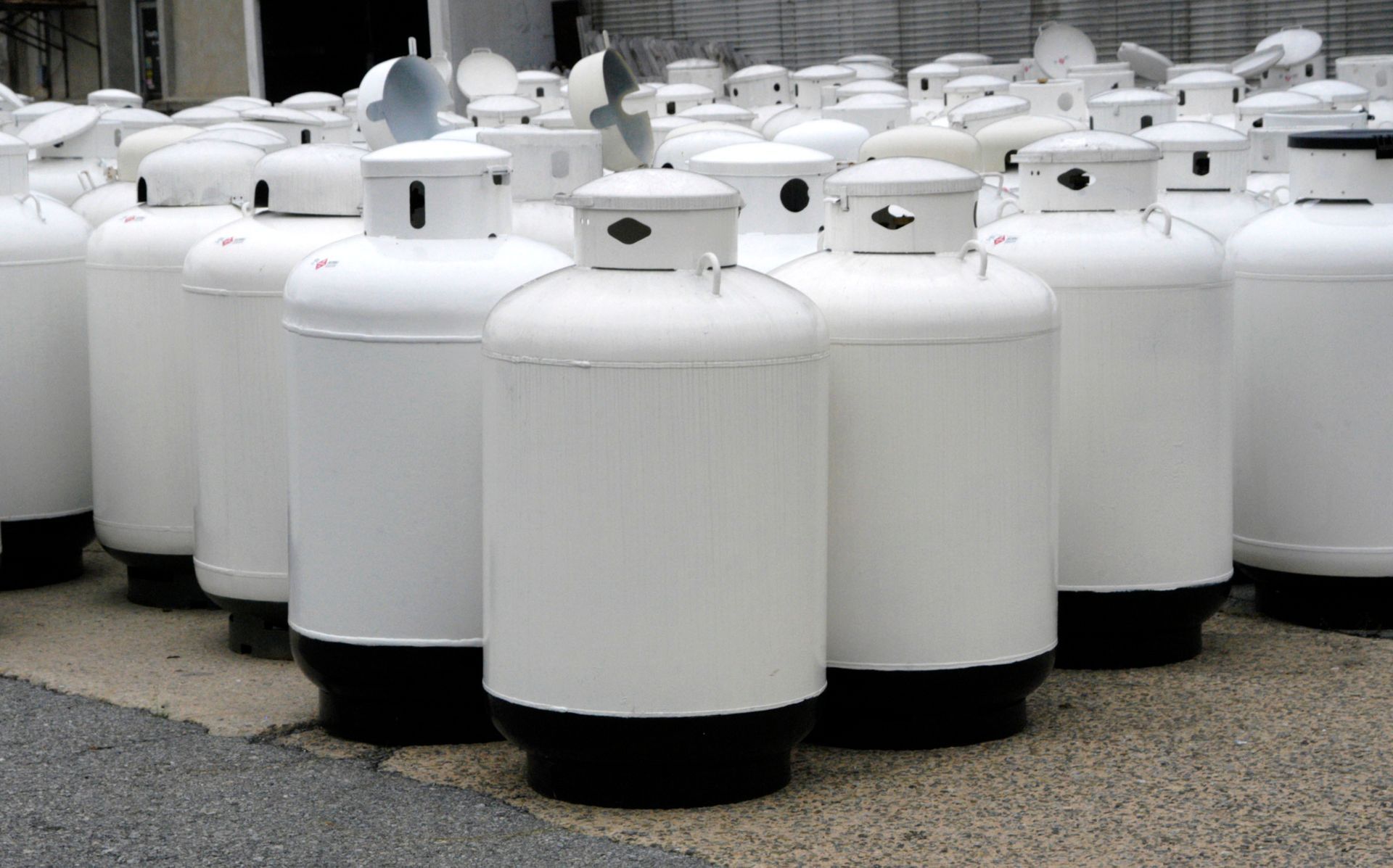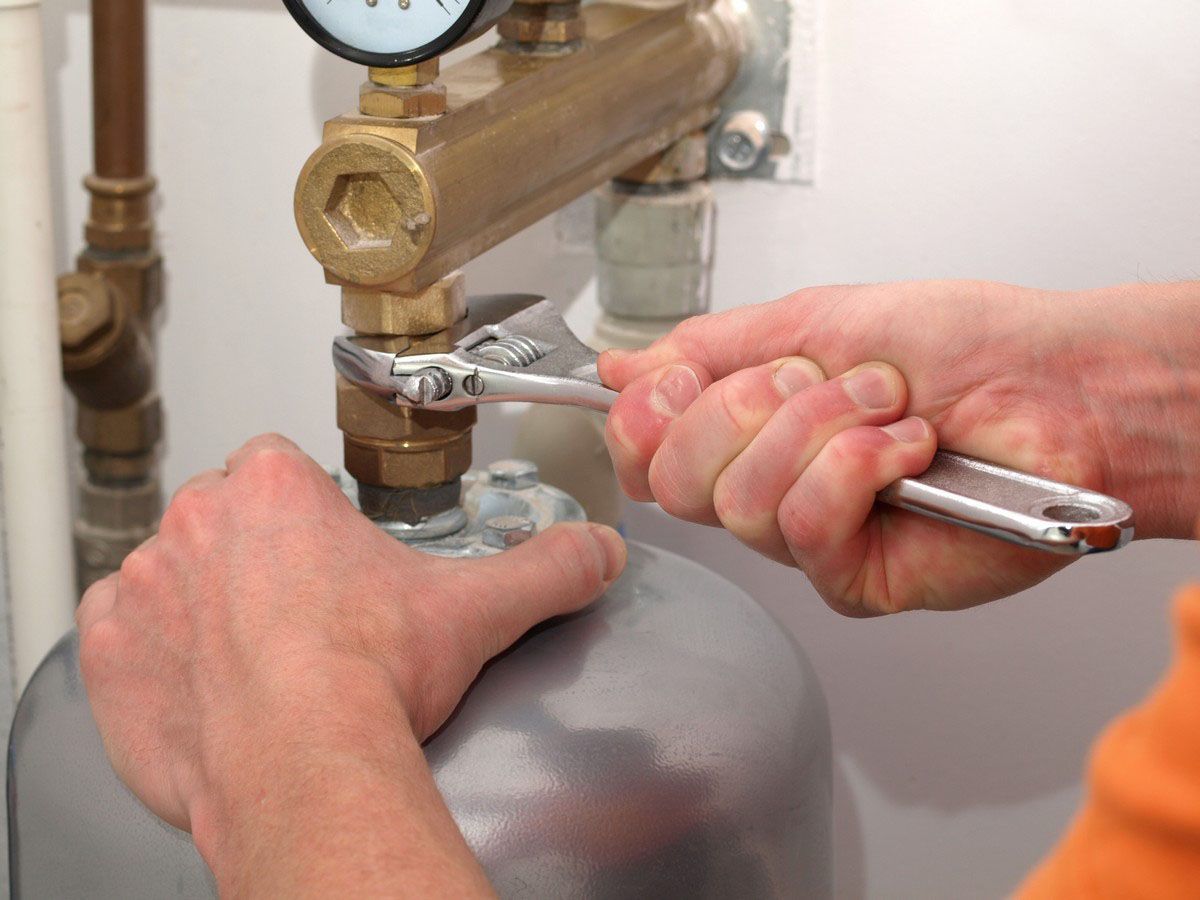From Liquid to Gas: Propane’s High-Pressure Transformation
Propane is an incredibly versatile energy source, used in residential heating, cooking, and as fuel for vehicles. It is a byproduct of both natural gas processing and petroleum refining, making it readily available and cost-effective. One of the fascinating aspects of propane is its ability to exist in both liquid and gas states, a property closely tied to the effects of pressurization.
How Pressure Turns Propane Into a Liquid
In its natural state, propane is a gas at atmospheric pressure. However, when stored under pressure in tanks, it transitions into a liquid form. This transformation is crucial because, according to the U.S. Department of Energy, under the pressure of a pressurized tank, propane becomes a liquid with an energy density 270 times greater than its gaseous form. This increased energy density makes liquid propane much more efficient for storage and transportation.
The Benefits of Storing Propane as a Liquid
The ability of propane to become liquid under pressure is pivotal for its utilization as a fuel. In its liquid state, propane's compact volume allows for more energy to be stored in the same tank compared to its gaseous counterpart. This means a smaller tank can hold enough energy to power appliances, vehicles, or heating systems for longer periods, thereby enhancing both convenience and cost-effectiveness for consumers.
From Liquid to Gas When You Need It
Moreover, the transformation from liquid to gas when the pressure is reduced is vital for propane's usage. When liquid propane is released from the pressurized environment of the tank, it rapidly expands into its gaseous form, which is what is actually used in appliances or engines. This seamless transition from liquid storage to gaseous utilization is a testament to the versatility and efficiency of propane as an energy source. Without pressurization, propane could not be effectively harnessed in such a wide array of applications.
The role of pressurization in the use of propane is fundamental. It allows the gas to be stored as a liquid, which is far more energy-dense and efficient for transportation and storage. As the demand for versatile energy solutions continues to grow, understanding the properties of propane in its liquid and gas forms becomes increasingly crucial. Ready to experience the convenience and reliability of propane? Contact Scotty's Propane today to learn more about our services and how we can support your energy needs.





Share On: